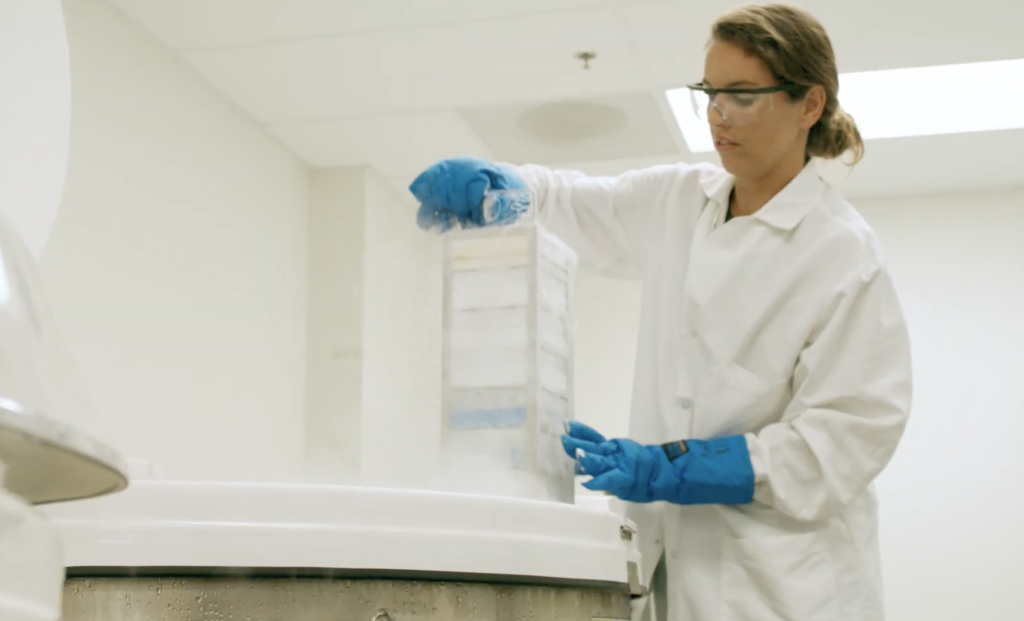LA JOLLA—In a new paper, scientists from La Jolla Institute for Immunology (LJI) bring together research findings from COVID-19 researchers around the world. The results are striking: human T cells can target more than 1,400 sites on the SARS-CoV-2 virus.
“Our lab and many others have shown this very broad and diverse T cell response,” says LJI Research Assistant Professor Daniela Weiskopf, Ph.D., co-author of the Cell Host & Microbe review.
This kind of research review, called a “meta-analysis,” pools the results of multiple studies, and the researchers give close consideration to how the studies were conducted.
In the case of COVID-19, a global meta-analysis of T cell response studies is especially helpful because different patient populations can have vastly different immune responses, based on their genetic differences and past disease history.
“This really highlights how the study of SARS-CoV-2 has been a global undertaking,” says LJI Professor Alessandro Sette, Dr.Biol.Sci, senior author of the review and member of the LJI Center for Infectious Disease and Vaccine Research. “To combine information from all the different labs is a powerful thing.”
Key points:
- The researchers evaluated all 25 known human T cell response studies conducted between the beginning of the COVID-19 pandemic and March 15, 2021.
- The studies show human T cell responses against 1,434 CD4 and CD8 epitopes. Epitopes are sites on SARS-CoV-2 that T cells can recognize.
- Grouping these studies together for this larger analysis has revealed several “immunodominant” sites on the virus. These sites are where T cells are most prone to homing in on.
- This broad T cell response makes it difficult for SARS-CoV-2 variants to acquire enough mutations to “escape” the body’s response against the virus.
Sette adds that this analysis can help researchers monitor whether T cells are mounting effective responses as they encounter viral variants—and vaccines. “Knowing what the key sites on the SARS-CoV-2 spike protein are especially important for monitoring immune responses to COVID-19 vaccines,” he says.
Despite these encouraging results, the review is limited. The researchers emphasize that current studies tend to include mainly Caucasian participants. By broadening this research to include many ethnic groups, the researchers can better understand disparities in COVID-19 mortality.
Specifically, the researchers want to understand how variations in the human leukocyte antigen (HLA) system affects T cell responses. The immune system’s HLA molecules control which epitopes a T cell can “see.” The frequency of different HLA molecule types varies between ethnic groups, so research need to consider how these differences affect T cell responses and potentially COVID-19 case severity.
“This is a global pandemic, so it is important that we expand our studies,” says LJI Instructor Alba Grifoni, Ph.D., who served as first author of the review.
The new review also highlights the value of the Immune Epitope Database (IEDB), a free, LJI-run resource funded by the National Institute of Allergy and Infectious Diseases (NIAID). By adding the known epitope data to the IEDB, the researchers were able to see the different study results side-by-side.
“We know there is a strong T cell response to SARS-CoV-2,” says Grifoni. “Now we are trying to identify where we have knowledge gaps.”
The review, “SARS-CoV-2 Human T cell Epitopes: adaptive immune response against COVID-19,” was supported by the National Institute of Health (contracts 75N93019C00001 and 75N9301900065).
Additional review authors include John Sidney, Randi Vita, Bjoern Peters and Shane Crotty.
DOI: 10.1016/j.chom.2021.05.010
###



